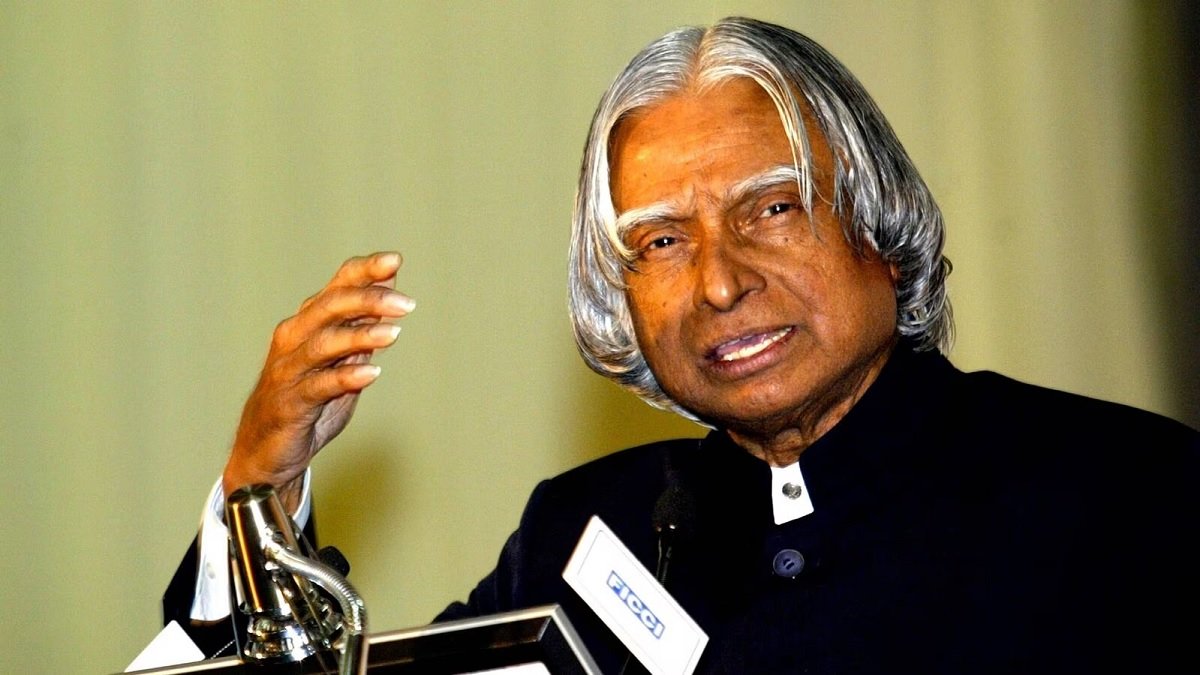The teachings of the Bahá’í Faith, articulated by its key figure Abdul-Bahá, present a transformative vision that emphasizes unity, justice, and the inherent nobility of the human spirit. In examining Abdul-Bahá’s impact on the American South, one finds a testament to the power of a perspective shift, initiating dialogues around race, class, and community cohesion in a region marked by its historical strife. His visits and teachings beckoned an exploration of a more interconnected society, urging adherence to principles that transcend cultural and religious boundaries.
At the core of Abdul-Bahá’s mission was the principle of unity in diversity—a foundational tenet of Bahá’í thought. Upon arriving in the United States in 1912, he embraced a nation characterized by its multicultural landscape. The American South, fraught with the complexities of its past, including the remnants of slavery and segregation, offered a unique context for invoking this principle. Abdul-Bahá’s teachings urged individuals to look beyond superficial differences, contemplating the shared humanity that binds all people. This inclusive approach catalyzed a reevaluation of societal norms, especially in a region often polarized by racial and economic divides.
One of the most profound contributions Abdul-Bahá made during his time in the South was his unwavering commitment to social justice. He articulated that the pursuit of justice is a moral imperative that transcends personal bias and societal constructs. In a climate where discriminatory practices were institutionalized, his message resonated with those seeking change. He promoted understanding and reconciliation between disparate groups, advocating for an environment where cooperation supplants conflict. This was not merely an abstract ideal; Abdul-Bahá exemplified these principles by actively engaging with all strata of society, from intellectual elites to marginalized communities.
Abdul-Bahá’s vision extended to educational reform, positing that knowledge is a catalyst for transformation. He recognized that fostering a culture of learning could elevate societal conditions and contribute to progress. During his interactions with local communities, he emphasized the pivotal role of education in dismantling barriers rooted in ignorance and prejudice. His holistic view of education encompassed both material and spiritual dimensions, urging a balance that prioritizes moral and ethical development alongside academic achievement. This progressive stance advocated for the empowerment of not just individuals, but entire communities, thereby laying a foundation for long-lasting change.
Significantly, Abdul-Bahá’s discourse on women’s rights offered a compelling narrative within the Southern context. His advocacy for gender equality challenged entrenched patriarchal norms that prevailed in many societal structures. He articulated that the advancement of women is indispensable for societal progress—an idea that piqued curiosity and opened avenues for dialogue, particularly among Southern women who were often relegated to traditional roles. By prioritizing the education and upliftment of women, Abdul-Bahá sought to galvanize a movement that recognized their contributions as crucial to a balanced and equitable society.
In conjunction with social justice, the notion of global citizenship became a hallmark of Abdul-Bahá’s teachings. He espoused that true progress embodies a commitment to global perspectives, encouraging individuals to transcend provincial identities. This appeal was especially poignant in the South, a region with a complex identity interwoven with hopes and struggles. Abdul-Bahá’s encouragement to adopt a global vantage point prompted individuals to consider their local and global responsibilities, marrying personal action with broader social concerns. This approach not only amplified local initiatives but also connected them to a global narrative of shared challenges and aspirations, enriching the Southern experience with a sense of purposeful involvement.
Furthermore, Abdul-Bahá’s teachings resonated with the African American community, whose struggles for civil rights were gaining prominence during his visit. He engaged with prominent figures and local believers, fostering relationships that transcended racial and religious affiliations. In advocating for unity and kinship, Abdul-Bahá wove narratives of hope and resilience, culminating in a shared vision for an inclusive future. His emphasis on dialogue and mutual respect opened pathways to collaboration, enhancing efforts within the burgeoning civil rights movement and beyond.
Ultimately, the transformative vision offered by Abdul-Bahá places immense importance on the value of collective action. In recognizing that societal challenges cannot be surmounted in isolation, the teachings advocate for collaborative efforts that harness the strengths and talents of a diverse populace. This communal approach resonates deeply with the historical fabric of the American South, where community resilience has often played a pivotal role in navigating adversity. Abdul-Bahá’s teachings serve as a reminder that unity is not a mere aspiration, but an attainable reality that requires concerted effort, empathy, and unyielding resolve.
In summation, Abdul-Bahá’s transformative vision for the American South encapsulates a framework for understanding human relationships that is fundamentally rooted in love, justice, and equality. His teachings invite individuals to explore the richness of diversity while fostering deep connections across varying spheres of life. As the Southern states continue to evolve, the enduring relevance of these principles offers a beacon of hope—a clarion call for unity among humanity that encourages individuals to introspect, engage, and act in ways that contribute to the collective upliftment of society.
